Former US defence chief calls for public and private sector cyber taskforce
Non-state actors must be let in on cyber security discussions or our biggest public institutions will fall behind


Despite myriad benefits businesses have accrued from technological leaps, bad actors are finding it easier and cheaper than ever before to abuse the internet by stealing trade secrets and spread disinformation.
Collaboration between the institutions we rely on and private sector organisations is critical, according to former US secretary of state Dr Madeleine Albright, because non-state actors now own swathes of the physical infrastructure the internet is built on.
If private sector tech firms and non-governmental organisations (NGOs) aren't let in on conversations around how to combat emerging cyber threats at a state-to-state level, they will begin to crumble as cyber threats continue to evolve, she argued.
"Of course the technological revolution has been an incredible gift in several ways," Albright told delegates during a special address at this year's Citrix Synergy, "but we still don't know whether information technology is simply the latest in a line of advances that have helped to modernise the world without doing much to civilise it.
"I hardly need to describe for this audience how bad actors, whether governments or criminal groups, have taken advantage of the internet to pilfer trade secrets, surveille critical infrastructure and cause economic or even physical damage."
As a means of showing how quickly the world has changed in a short space of time, Albright revealed that she didn't even have a computer on her desk, let alone an email address, when in office.
Emerging cyber threats, like state-sponsored disinformation campaigns, were quite simply not something Albright had to concern herself in her role as secretary of state.
Get the ITPro daily newsletter
Sign up today and you will receive a free copy of our Future Focus 2025 report - the leading guidance on AI, cybersecurity and other IT challenges as per 700+ senior executives
"The cyber threat that has continued to evolve is something we need to keep looking at," she continued.
"For all the warnings that were issued for a cyber Pearl Harbour, it appears now that the most immediate threat are attacks that are harder to deter because they stop short of what we would consider an act of war."
In recent years, enemies have become skilled at abusing social media platforms to pollute users' feeds with rumours and disinformation, as well as anti-democratic propaganda. She also cited Russian television adverts that warn viewers that 5G wireless technology could kill you.
This form of cyber warfare is running rampant among forces not just within Russia, but the likes of China, North Korea, Venezuela and Turkey, as well as extremist groups littered across the world.
To fight this global issue, which is akin to "assembling an airplane while already in the air", businesses must follow the lead of firms like Microsoft, which has spearheaded joint-efforts with NGOs and other companies to create 'rules of the road' to protect digital society.
"Of course I'm not saying that we should put non-state actors at every decision table," she added. "But the international system needs to adjust to the impact of these agents of change and they need to be there at the beginning of decision-making and not just to pick up the pieces."
Any such efforts to engage in discussions and share best practice, led by businesses in the international interest, would be crucial to preventing a cyber arms race between nations.

Keumars Afifi-Sabet is a writer and editor that specialises in public sector, cyber security, and cloud computing. He first joined ITPro as a staff writer in April 2018 and eventually became its Features Editor. Although a regular contributor to other tech sites in the past, these days you will find Keumars on LiveScience, where he runs its Technology section.
-
 Bigger salaries, more burnout: Is the CISO role in crisis?
Bigger salaries, more burnout: Is the CISO role in crisis?In-depth CISOs are more stressed than ever before – but why is this and what can be done?
By Kate O'Flaherty Published
-
 Cheap cyber crime kits can be bought on the dark web for less than $25
Cheap cyber crime kits can be bought on the dark web for less than $25News Research from NordVPN shows phishing kits are now widely available on the dark web and via messaging apps like Telegram, and are often selling for less than $25.
By Emma Woollacott Published
-
 Three ways to evolve your security operations
Three ways to evolve your security operationsWhitepaper Why current approaches aren’t working
By ITPro Published
-
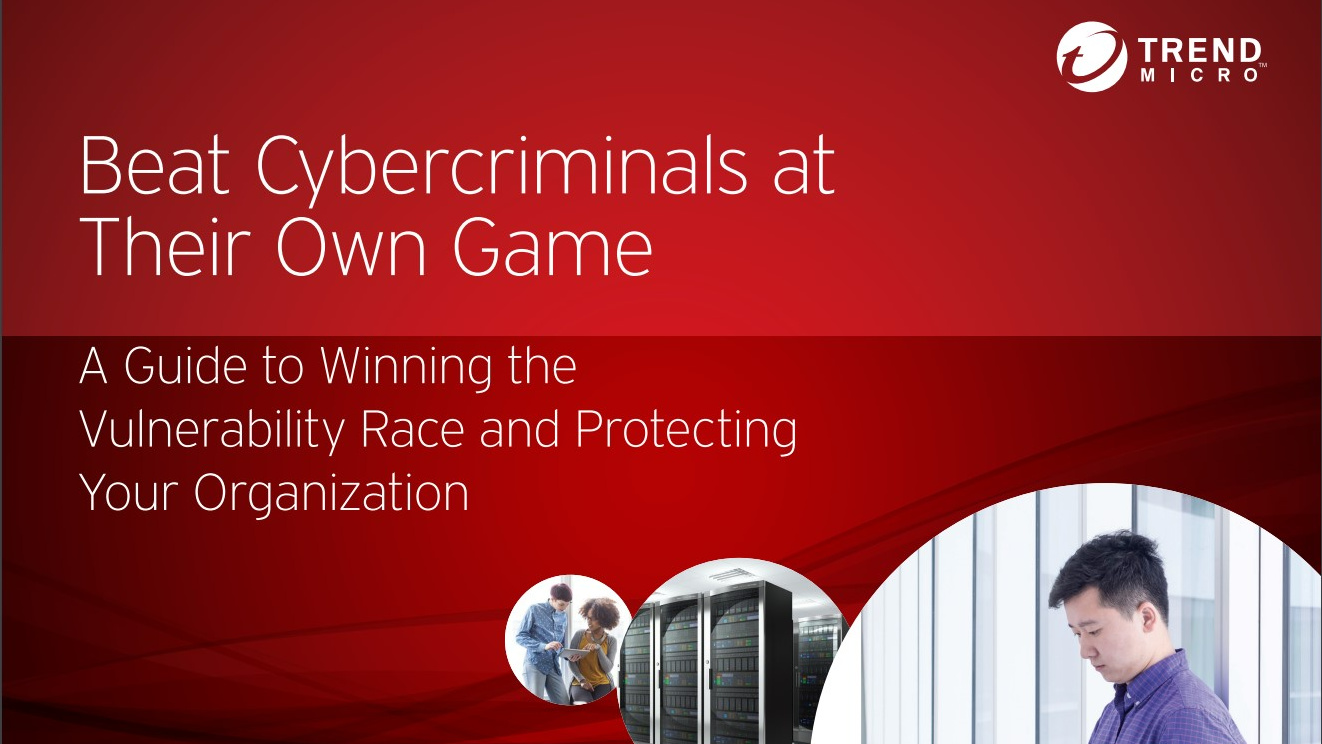 Beat cyber criminals at their own game
Beat cyber criminals at their own gameWhitepaper A guide to winning the vulnerability race and protection your organization
By ITPro Published
-
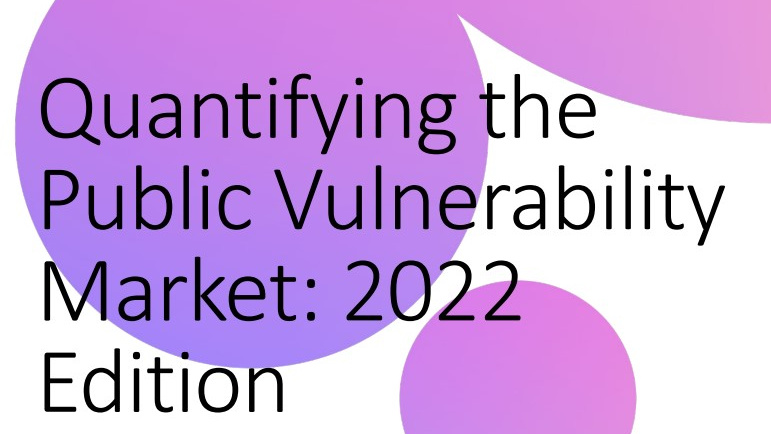 Quantifying the public vulnerability market: 2022 edition
Quantifying the public vulnerability market: 2022 editionWhitepaper An analysis of vulnerability disclosures, impact severity, and product analysis
By ITPro Published
-
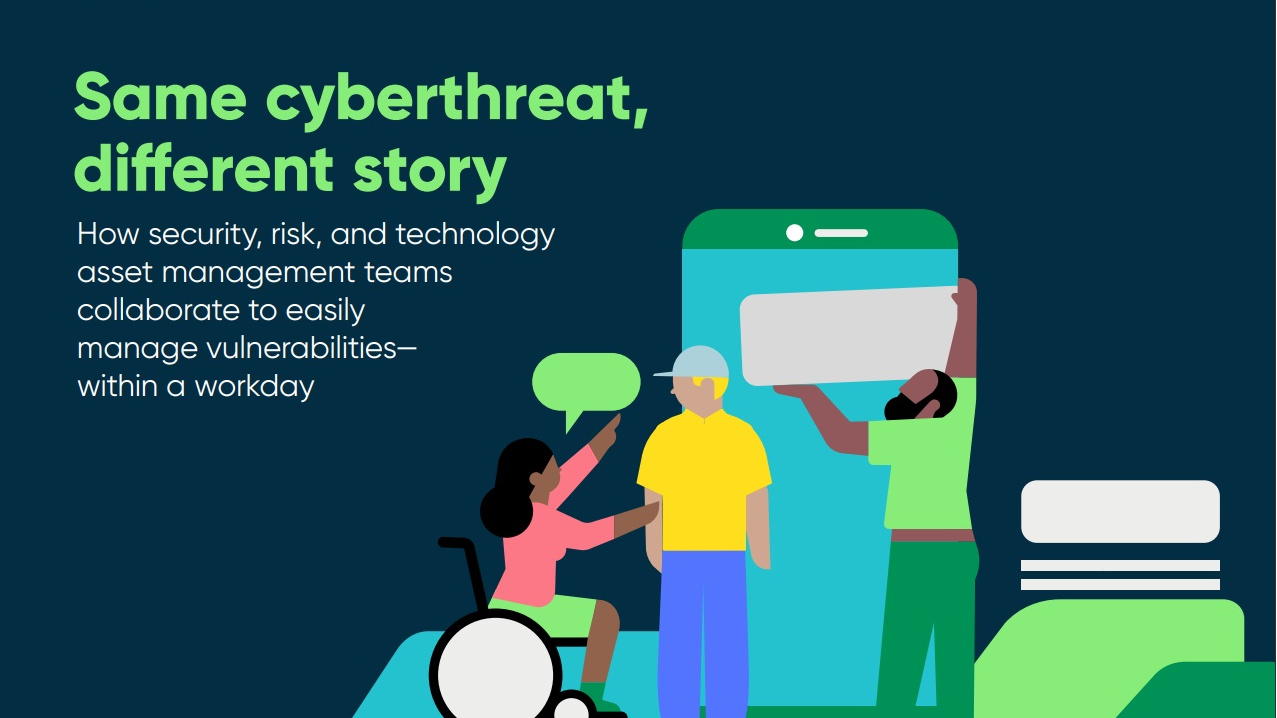 Same cyberthreat, different story
Same cyberthreat, different storyWhitepaper How security, risk, and technology asset management teams collaborate to easily manage vulnerabilities
By ITPro Published
-
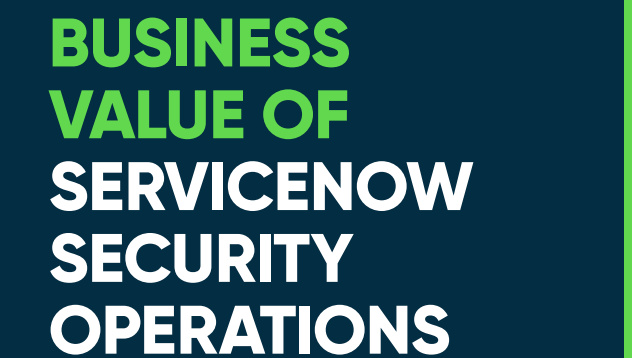 Business value of ServiceNow security operations
Business value of ServiceNow security operationsWhitepaper Experience transformational gains from automating workflows and data-sharing among IT, security, and risk teams to rapidly remediate threats
By ITPro Published
-
 Cybercriminals are resilient. How about you?
Cybercriminals are resilient. How about you?Whitepaper Stay ahead of those agile bad actors
By ITPro Published
-
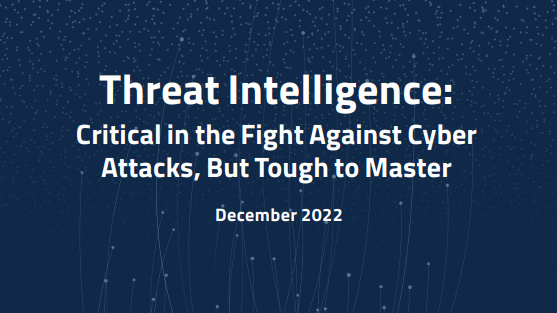 Threat Intelligence: Critical in the fight against cyber attacks, but tough to master
Threat Intelligence: Critical in the fight against cyber attacks, but tough to masterWhitepaper Discover why many claim Threat Intelligence is extremely important in protecting their company and data
By ITPro Published
-
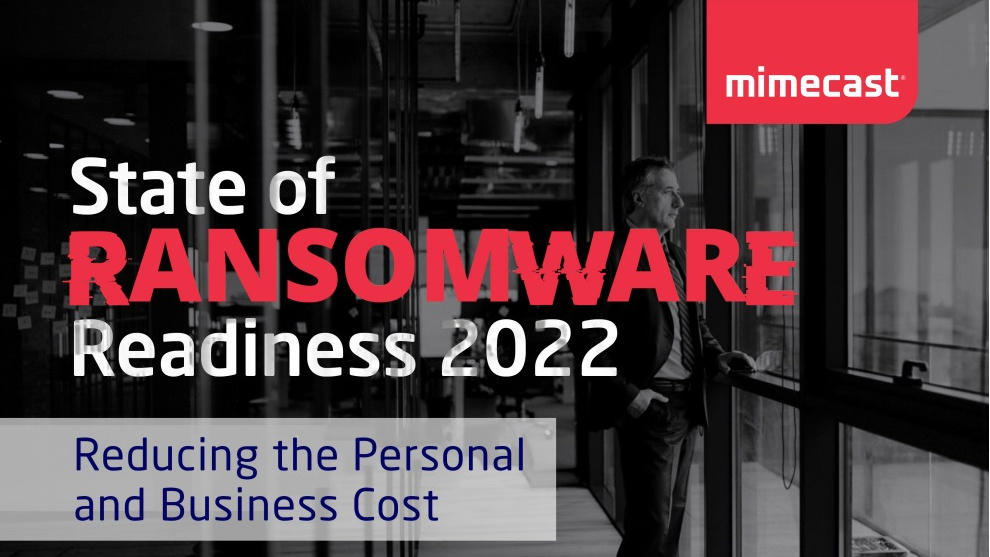 State of ransomware readiness 2022
State of ransomware readiness 2022Whitepaper Reducing the personal and business cost
By ITPro Published